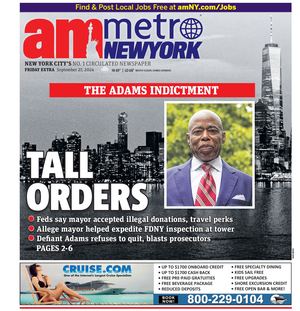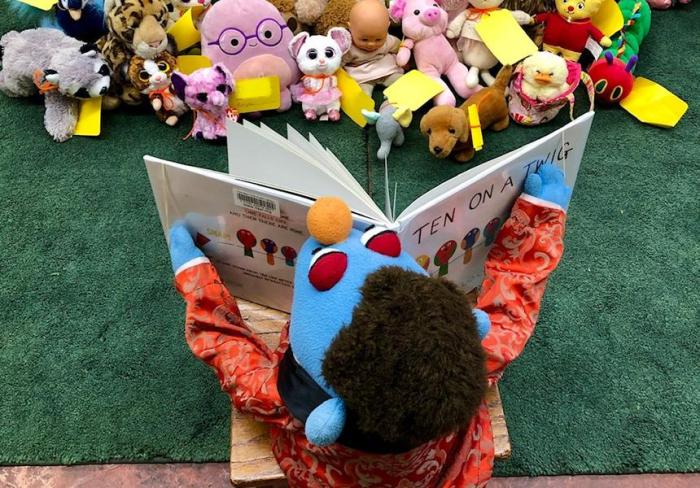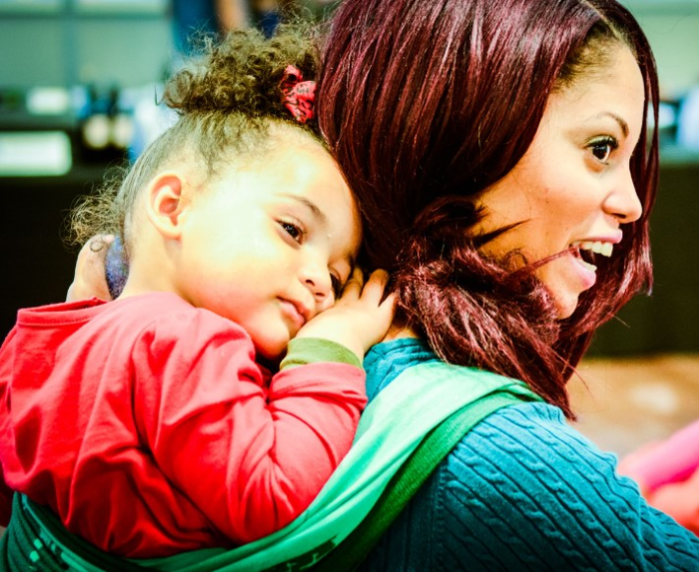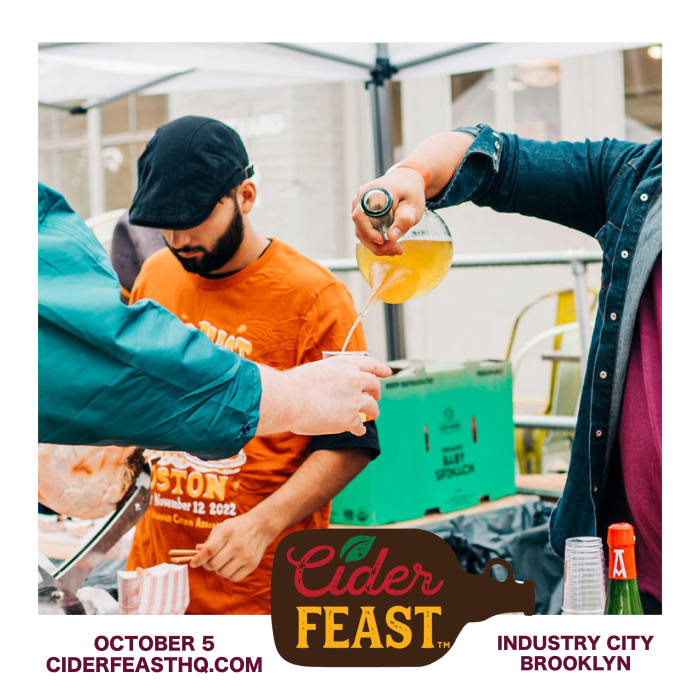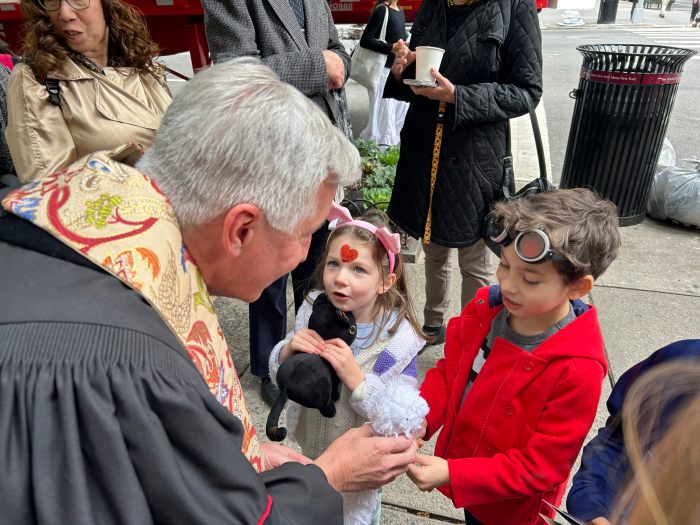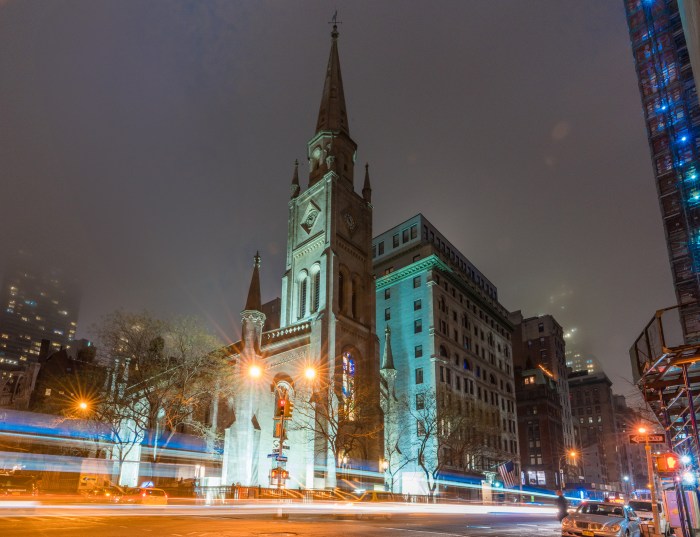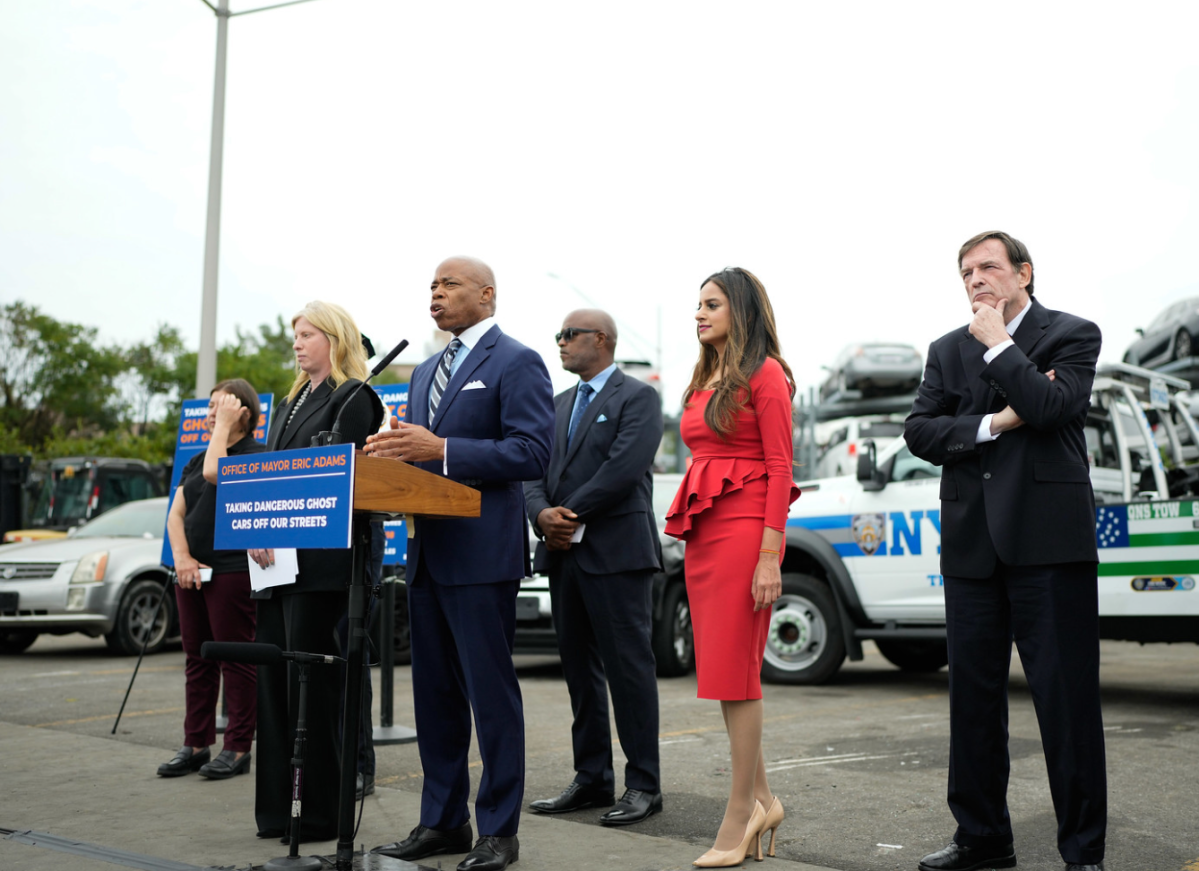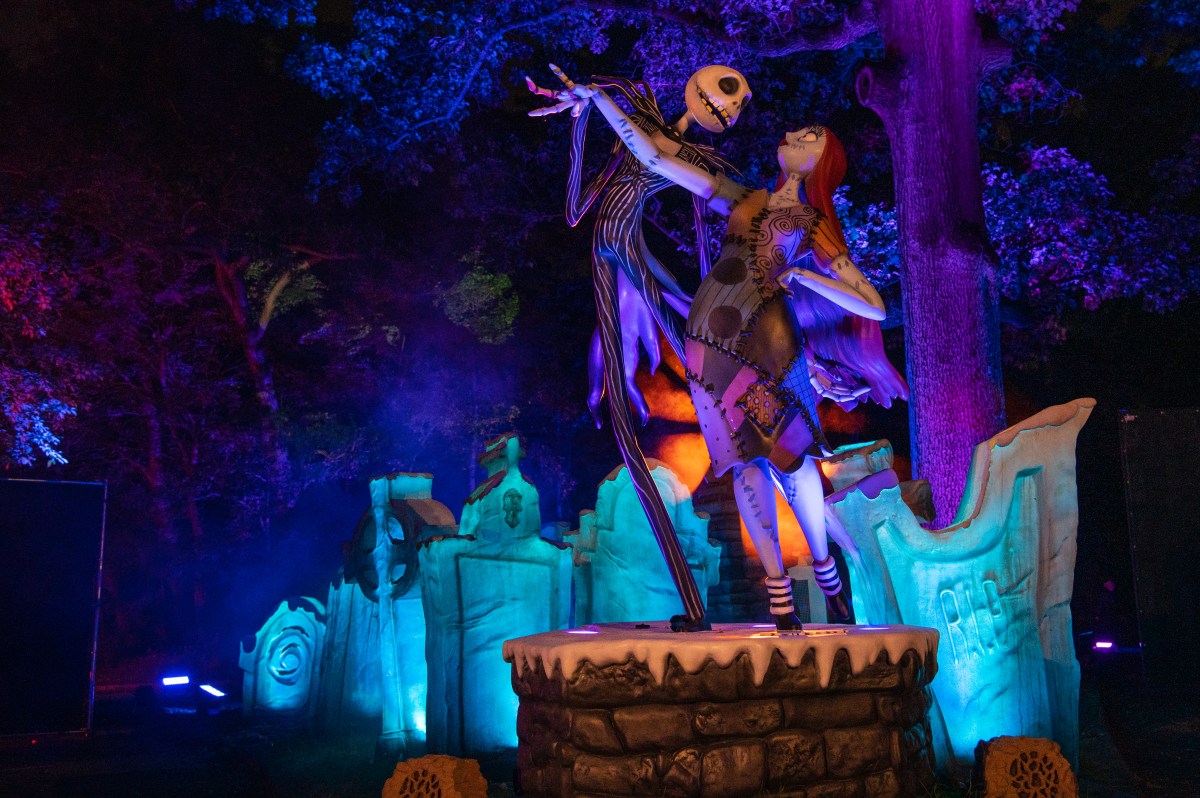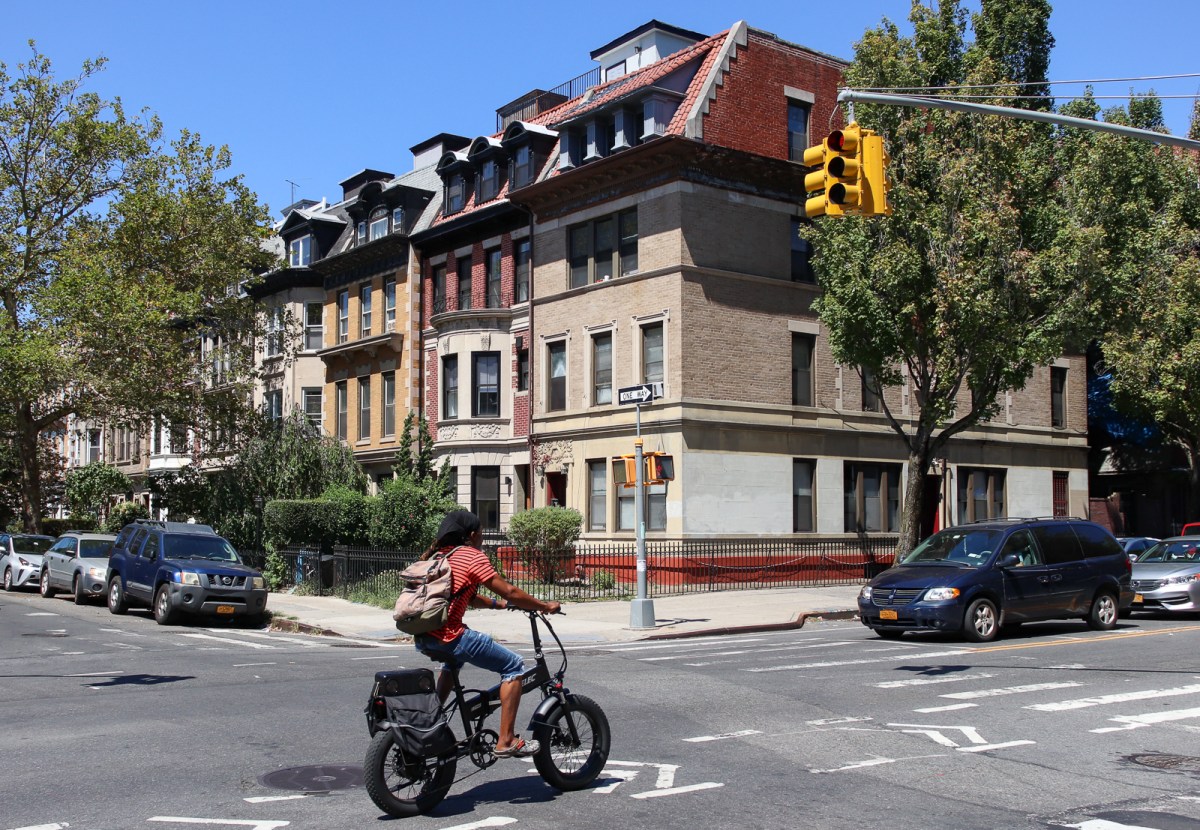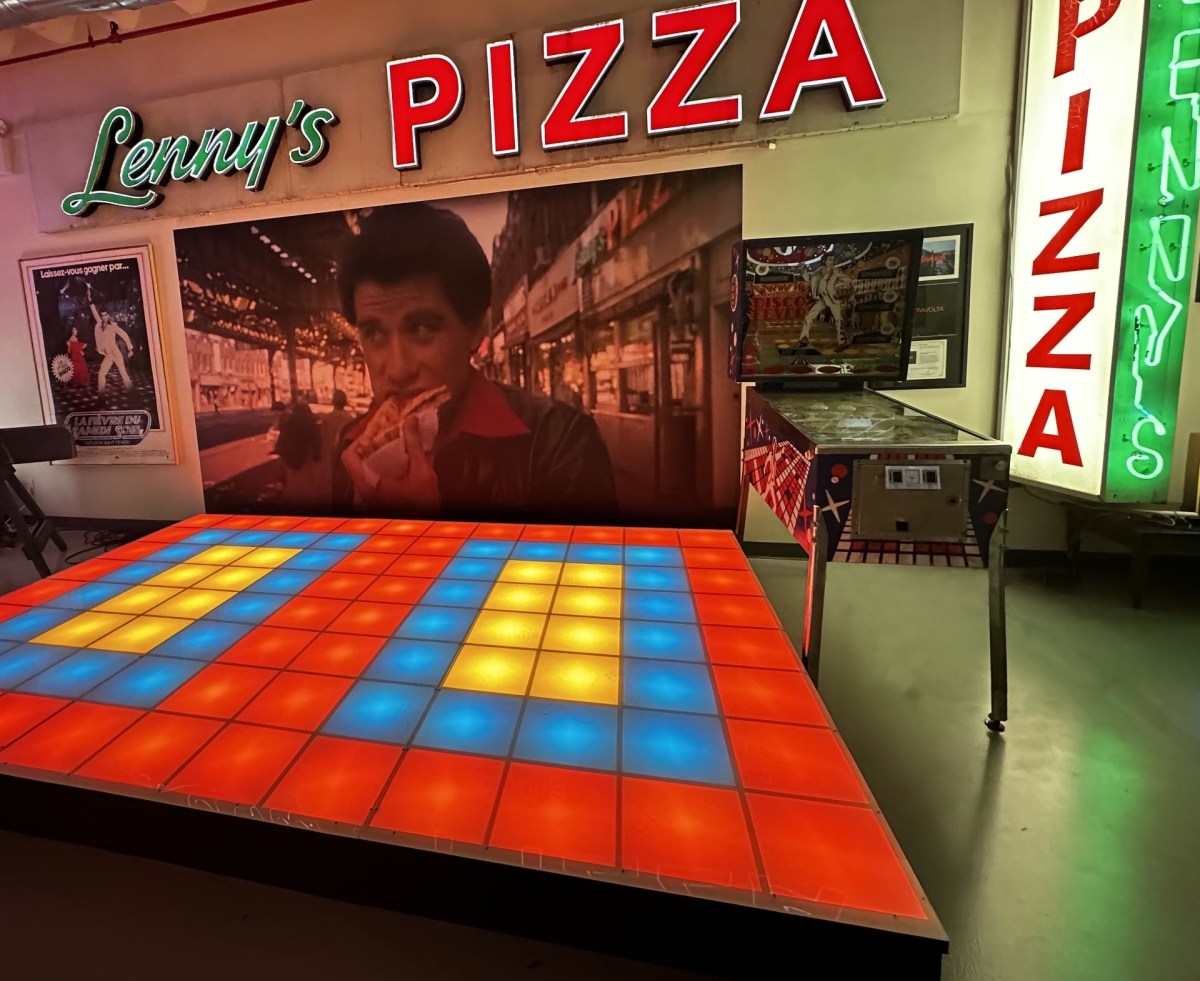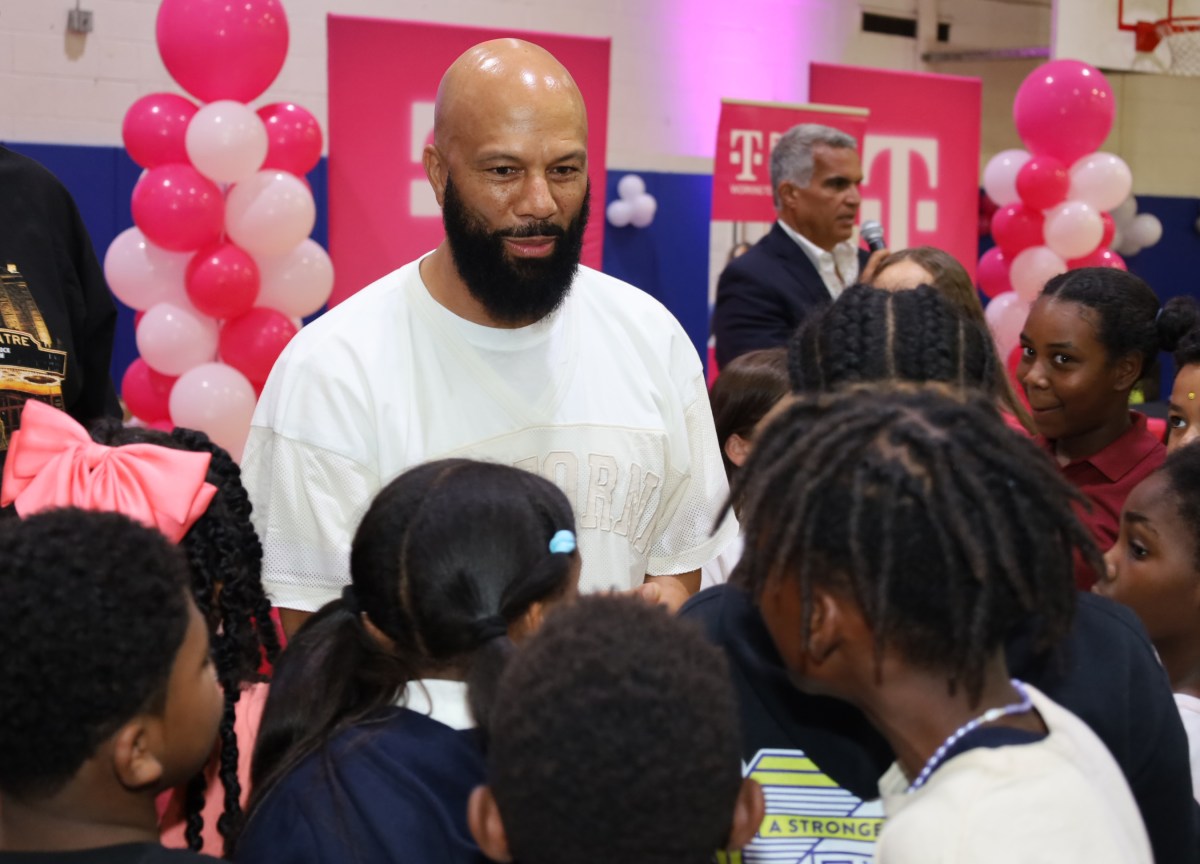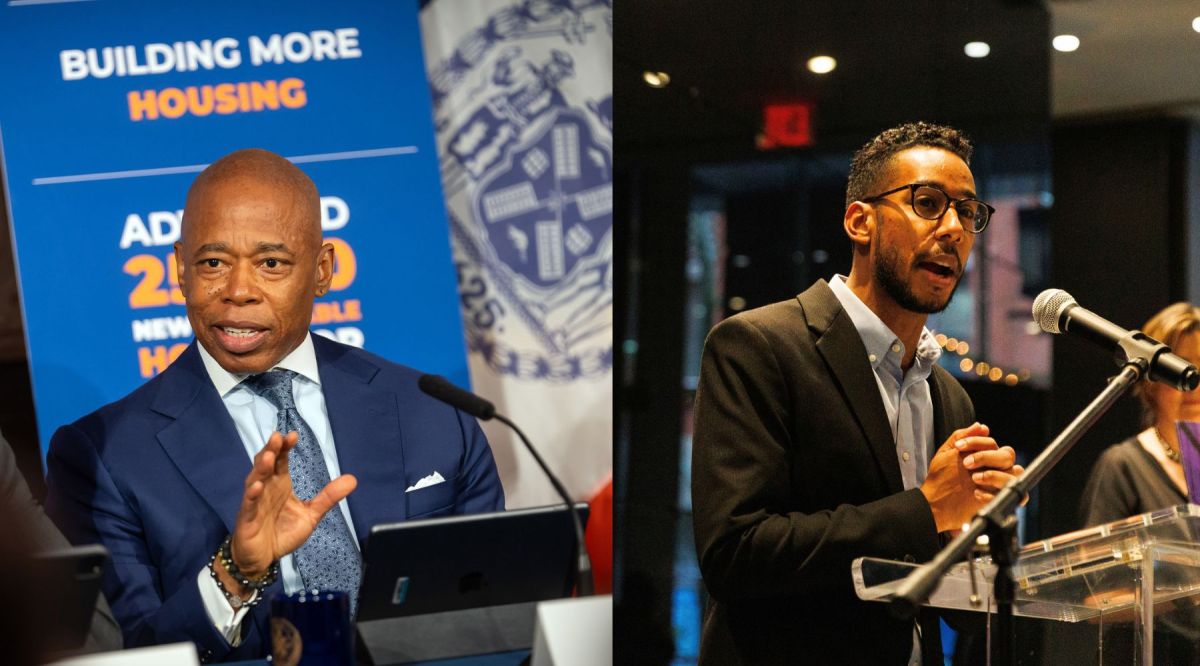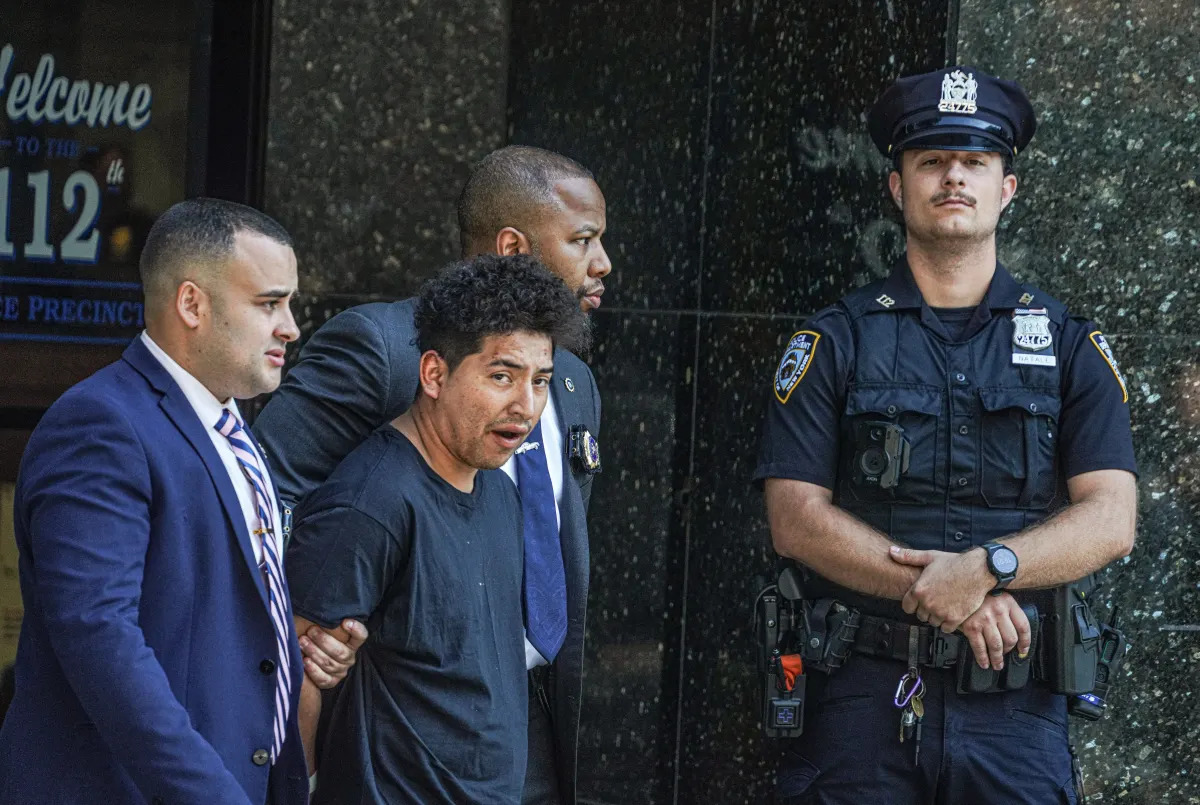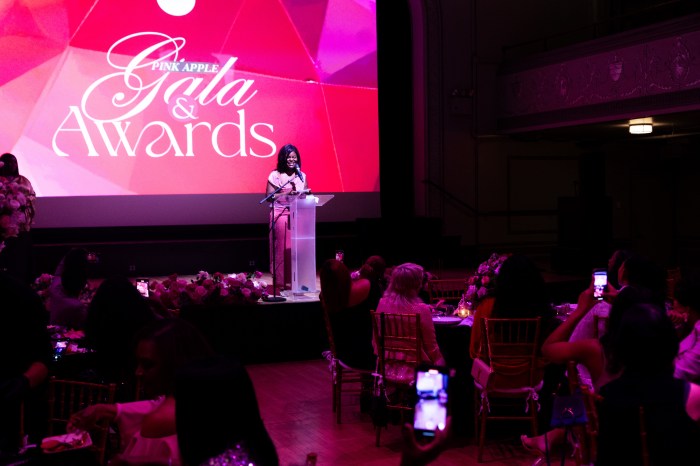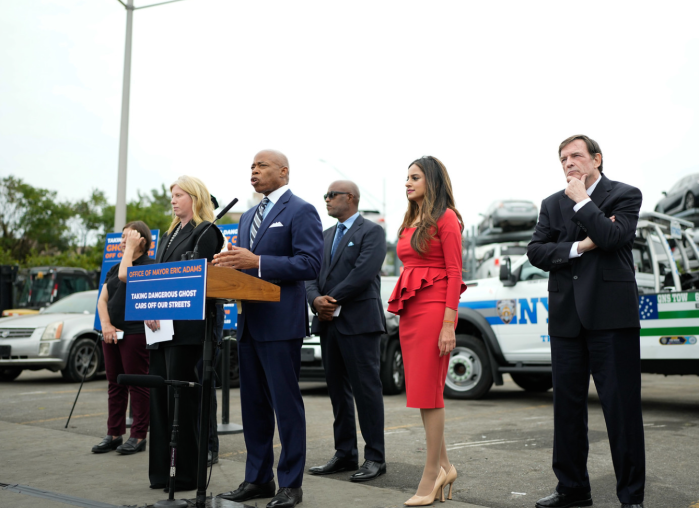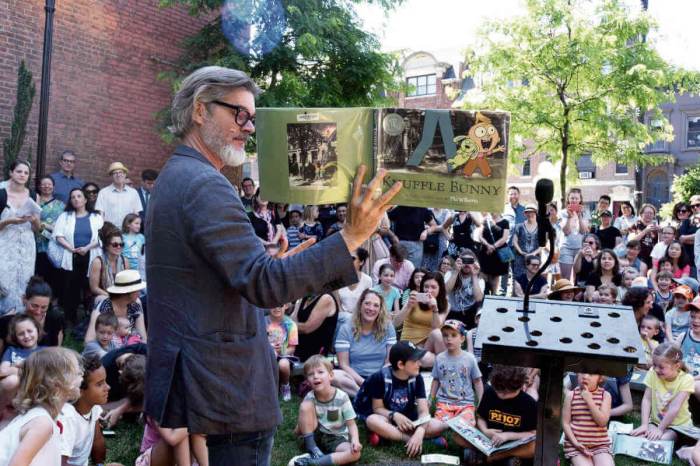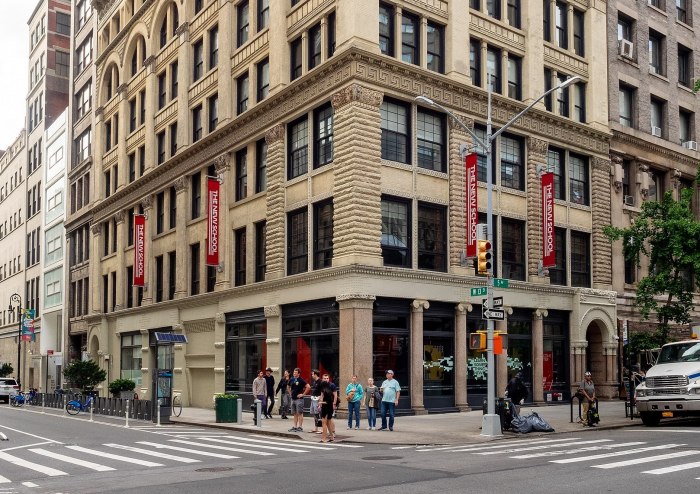By David Kennerly
Sprawling novel extracts magic from the mundane
“Lake Overturn,” the generous debut novel by Vestal McIntyre, is an extraordinarily rendered narrative about ordinary people. Set in Eula, Idaho, a quasi-fictional desert town on the edge of a big lake, the work traces the lives of more than a dozen characters who are swimming against the crosscurrents of family, class, race, organized religion, peer pressure, and thwarted sexuality.
The book’s title refers to an actual 1986 incident in Cameroon, where a giant bubble of carbon dioxide rose from the bottom of Lake Nyos and killed 1,700 villagers. The plucky-but-geeky Enrique, a young teen who gets off reading muscle mags, explores this phenomenon in a science fair project, suggesting that a similar tragedy could befall Eula.
Despite their humble, white-trash roots, McIntyre has crafted poignantly vivid characterizations where humanity shines. The critics are purring, calling the novel “engrossing,” “deliriously ambrosial,” and “richly imagined and fully realized.” The New York Times recently named the work an “Editor’s Choice,” as it did his collection of short stories, “You Are Not the One,” a couple of years ago. If your typical summer page-turner feels like ocean surf crashing, the experience of reading “Lake Overturn” is akin to gentle wavelets lapping at your toes –– soothing, expansive, transporting.
The youngest of seven siblings (four turned out to be gay) in a Southern Baptist household in Nampa, Idaho, McIntyre won a highly coveted National Endowment for the Arts Fellowship and a Lambda Literary Award in 2006. For many years, he lived in New York, serving steak frites at the famed, lamented bistro, Florent, and last year decamped to London to live with his British husband, Tristan.
I recently spoke with the 37-year-old author about his new novel, his Florent days, becoming an ex-pat, and the murky politics of same-sex marriage.
DAVID KENNERLEY: In the last few weeks, I spied guys reading “Lake Overturn” on the Fire Island Pines beach and the Christopher Street pier. Somebody even approached me while I was reading the book and said that his 80-year-old mother loved it.
VESTAL MCINTYRE: Are you kidding? Holy shit, I wish I were there. When my first book came out, I was hoping and praying that one day I would randomly see someone reading it on the subway, but it never happened. I have personally sold copies of my book, however. I have a crappy job at this chain store —London’s answer to Barnes and Noble. The managers are really nice and stock it at the front counter. Sometimes when I’m at the register, customers pick the book up and when they realize I’m the author, they buy it.
DK: Who then, would you say, is your target audience?
VM: When I’m writing, I resist thinking of a specific audience. Usually, the first person to read my work is my older sister, my toughest critic. So I ask myself, “Would Beeb think this is funny or would she roll her eyes?” But that doesn’t mean I’m targeting lesbians in their late 40s.
DK: On the surface, a wispily plotted story set in Podunk, Idaho doesn’t exactly scream “Read me!” Was it a tough sell to get it published?
VM: Not at all. I had a savvy, receptive group of editors to send it out to, and luckily I got offers right away. It’s funny you ask, because I come up against that problem a lot. I have to talk about the book and get people excited about it: “It’s about these folks stuck in a small town in Idaho, and there’s this trailer park.” When I was writing, I never considered how that might sound. There’s no hook.
DK: You’ve woven together several story threads involving a slew of characters. There’s Lina, a single mom of Mexican descent who lives in a trailer park and cleans people’s houses; Enrique, her gay-leaning 13-year-old son; Connie, a lovelorn, conflicted religious zealot; Chuck, a Mormon losing his wife to cancer; and Wanda, a drug addict/ babysitter who yearns to become a surrogate mother. And many more. How did you keep all those story lines straight?
VM: At a certain point the timeline got all out of shape and the story was a tangled mess. So I turned one wall into a big chart with color-coded notecards with scenes I had written and had yet to write. It helped me sort out what could happen when.
DK: Instead of mocking Connie’s devout religious fervor, you treat her with respect. Was that difficult?
VM: It would be difficult for me — and I don’t want to sound too sappy — not to treat her with respect, since I’m devoting so much of the novel to her. Her concerns with living a good life and pleasing God were my concerns when I was little. I was intensely religious, worried I was going to Hell. I had long negotiations directly with God, bargaining, “If I do this, will you help me with this?” I couldn’t make fun of her. Although I’d be happy to skewer Christians in another book.
DK: Although barely a teenager, Enrique is pretty sure he’s attracted to boys. Did you draw from your own experience?
VM: Yeah. I went to a tiny fundamentalist Christian junior high school where I was targeted as the school fag. It got so tortuous, my parents let me switch to public school, which was bigger and more comfortable for people on the fringe. A lot of stuff, like [Enrique’s] navigations of junior high society and negotiations with bullies, came from my life. He’s a little more ruthless and gets into harder situations than I got into — what I could have been if I were bolder.
DK: What was it like having gay brothers and sisters?
VM: When we were little, our house was so gay. We weren’t allowed to talk about gay stuff at all, since my mother was so strict. However, we’d divide into teams, dress up, and have weird, campy dance contests, performing elaborate routines to Dolly Parton songs. It was basically one big drag show. Our parents loved it.
DK: Now you’re living in London. Why do you think Americans have such a problem with gays getting hitched compared to the Brits?
VM: It’s complicated. The easy answer is that America is overrun by religious conservatives, while [Great Britain] is the most secular society I can think of. Political questions are dealt with more intellectually here, unclouded by passion. People don’t get moralistic or religious about it. It’s a simple matter of civil rights.
DK: Do you think it’s a question of semantics? The “M” word scares many Americans.
VM: I don’t know why people are so fixated on that word. I’m happy with the term civil partner. I don’t want it to be called marriage because that seems like an imitation of a straight convention. I am tempted to diss America but I love it too, and I miss it. I want to move back and bring Tristan, as soon as they let us.
DK: I read your letter to Obama published in the Advocate encouraging the passage of the Uniting American Families Act, the bill allowing Americans to sponsor their same-sex foreign partners so they can live here. What’s your take on Obama’s inaction on this issue?
VM: Obama has a huge influence on how it will go, but technically the bill is in the hands of Congress right now. Obama supported it as a senator; there’s no question he would sign it. The task is to get more senators behind it. It could still happen.
DK: You worked at my favorite restaurant, Florent, for a decade. Did the experience inform your writing in any way?
VM: It was great for my career. Everyone who worked there had a creative streak, and Florent [Morellet] encouraged us. Other writers and my agent would visit me there — it was my office. I was able to go away to write for stretches, sometimes months, and come back and still have a job. When my first book came out, Florent kept a stack downstairs. When he was having dinner with a literary influential, he’d grab one and say [French accent], “Zees is Vestal, he’s a great writer. You simply must read hees book.”
DK: The restaurant’s demise seems ripe for a novel — a popular, unpretentious, artsy gastro hub, presided over by a graciously eccentric gay maverick, falls victim to a greedy landlord, who in turn gets crunched by the economic slide and struggles to find a tenant for the space. Ever been tempted to write about that?
VM: No. But last time I was in New York, I saw Florent furiously writing some sort of manuscript.
